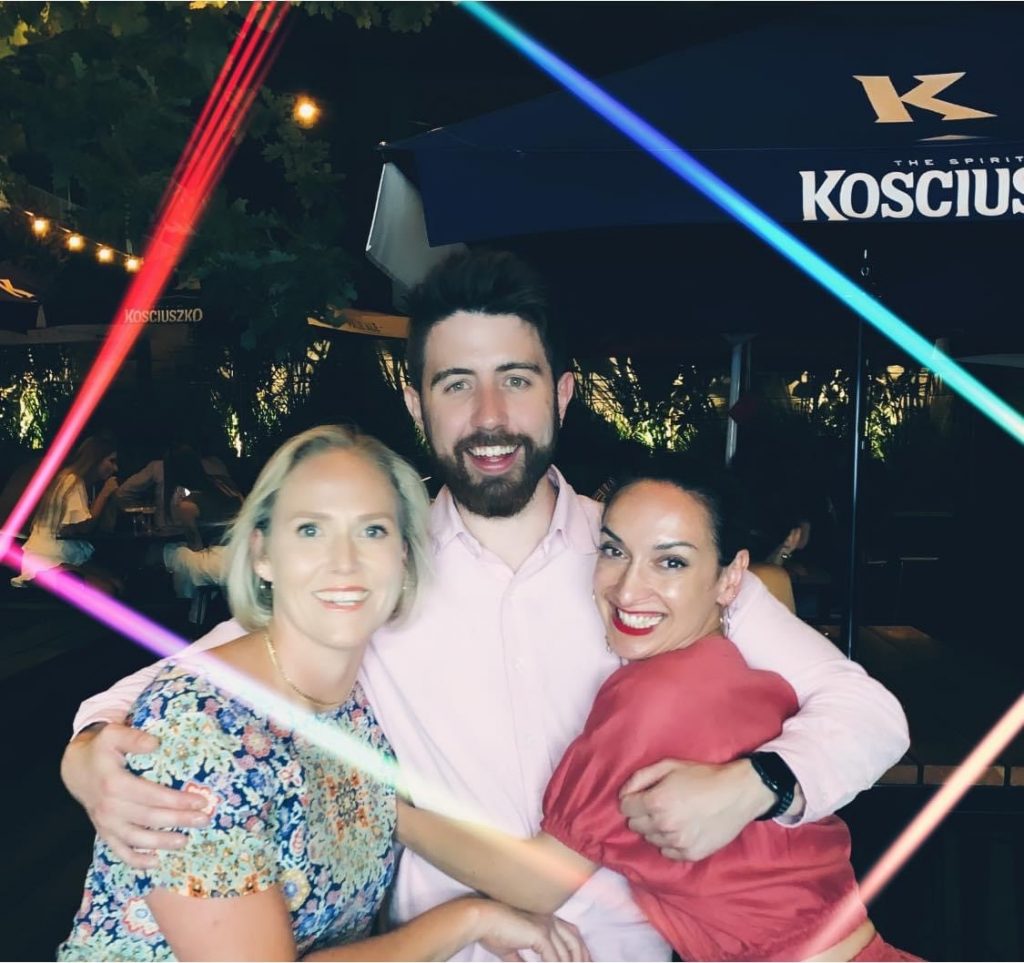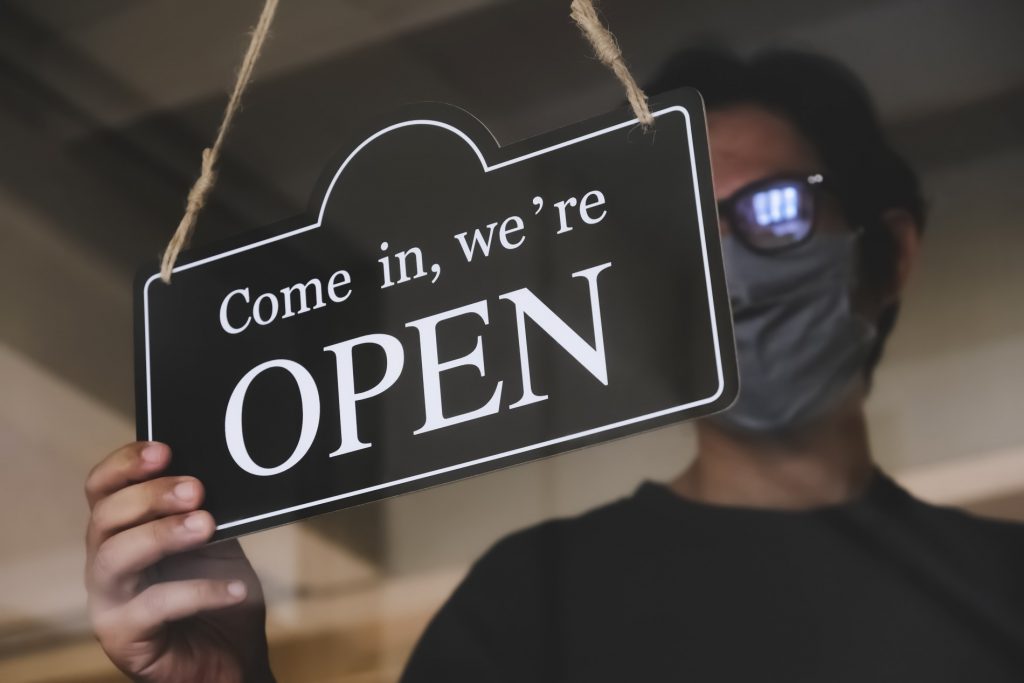Elevate Your Interviewing Game: A Pro Recruiter’s Guide for getting the right answers
In the exciting journey of hiring, the art of asking the right questions is your golden ticket to success. As professional recruiters with years of experience, we are here to share insights and strategies that will take your interviewing game to the next level and have you asking impactful questions that unveil the true potential…
In the exciting journey of hiring, the art of asking the right questions is your golden ticket to success. As professional recruiters with years of experience, we are here to share insights and strategies that will take your interviewing game to the next level and have you asking impactful questions that unveil the true potential of your candidates.
Talk me through your career journey:
This question serves as an open invitation for the candidate to narrate their professional story. It provides insights into their career trajectory, major milestones, and the progression of their roles over time. Encourage them to start from the beginning and walk you through each significant step, highlighting key experiences (both good and bad), responsibilities, and missteps and achievements.
As the interviewer, what we find is that this often highlights patterns of behaviour and opens a really genuine and organic conversation which gives much more insight into a candidate’s motivators than standard behavioural questions. Our experience is that candidates’ non-verbal cues really fire up and this tells you more than any ‘example’ they come up with to those standard behavioural questions.
Did you enjoy the role/culture and why?
This question dives into the candidate’s experiences and is an open invitation for candidates to share the moments that truly ignited their professional passion. It’s not just about job responsibilities; it’s about what makes their career heartbeat faster.
Matching to culture first is becoming a recruitment norm. What we see, is our clients with the lowest staff turnover rate are the ones who put a focus on understanding a candidate personally and motivationally, not just their skill set.
We do this by making a candidate feel comfortable. An interview should be about bringing out a candidates true personality, you as the employer want to know them, not a version of them. Rigid, panel style interviews have shown to be less effective in getting genuine interactions from candidates.
If you could design your next role, ignoring logistics, what does it look like?
This question gives a deep understanding of the candidate’s wish list. This question goes beyond qualifications; it unveils their professional desires and aligns their expectations with your organisational culture. It’s a strategic move to gauge their compatibility with the role and your company’s ethos.
Often, this question also helps to cement the theme of the candidates motivators. It assists in assessing whether answers are being tailored specifically to the role they are interviewing for.
Tell me about your dream job?
Welcome to the world of aspirations! Use this question to explore the candidate’s long-term goals and ideal work scenario. It’s not merely about skills; it’s about understanding their professional dreams and aspirations, offering you a glimpse into the bigger picture of their career trajectory.
Can you give me an example of a skill you’re strong in?
This question isn’t just about skills; it’s a spotlight moment for candidates to showcase where they shine. Expect them to narrate a success story that demonstrates their capabilities. It’s not just about the skill; it’s about how they’ve applied it to make a significant impact.
What are your motivators and why?
What are the driving forces behind your candidates? This question uncovers the motivational factors that fuel their professional engine. It’s not just about the destination; it’s about the journey and what keeps them inspired. You can then look internally and see if these motivators align with the role you are offering.
This question often lends itself to understanding the work/life balance this candidate needs. This is also an important factor to understand early to ensure that the organisation work styles suits the candidate.
What type of team do you see yourself working with?
This question is about painting a vivid picture of the candidate’s vision. It’s not just about roles; it’s about teams, dynamics, and the collaborative environment they envision. Gain insights into their expectations and assess their potential fit within your organizational structure. It will weed out whether your candidate prefers autonomous work or if they prefer collaboration.
Go on to explain the team the candidate would be working with in detail. Watch for non-verbal cues and ask directly about what think of you have just told them.
What are you proud of?
After the candidate has walked you through their career journey, ask them to pinpoint moments they are particularly proud of. This question allows them to showcase their accomplishments, skills, and contributions. Look for instances where they made a significant impact, achieved goals, or overcame challenges. Their response will reveal their strengths and areas where they take pride in their work.
What have you learned from failures?
Transitioning from achievements to challenges, this question dives into the candidate’s ability to reflect and learn. Encourage them to share instances where things didn’t go as planned and ask how they navigated setbacks. Understanding their approach to failure provides valuable insights into their resilience, adaptability, and capacity for growth.
What do you like doing outside of work on the weekends?
Beyond the resumes and cover letters, let’s explore the human side of your candidates. This question isn’t just a casual inquiry; it’s a window into their personal world. Discovering their interests and hobbies can provide you with valuable insights.
Remember, it’s not just about evaluating qualifications; it’s about unravelling everything that doesn’t sit on a resume and discovering the person behind the paper. Embrace these insights.
The best recruitment outcomes do not come from an interviewer firing questions and the candidate answering them. The best outcomes happen when there is a two-sided conversation where both the interviewer and interviewee speak openly about experiences, the organisation, and the role in question. You want your candidates to interview you too! Think of it as dating. Recruitment is a human interaction, not just a work process.
We hope your recruitment journey is filled with successful hires and thriving teams. Happy interviewing!







